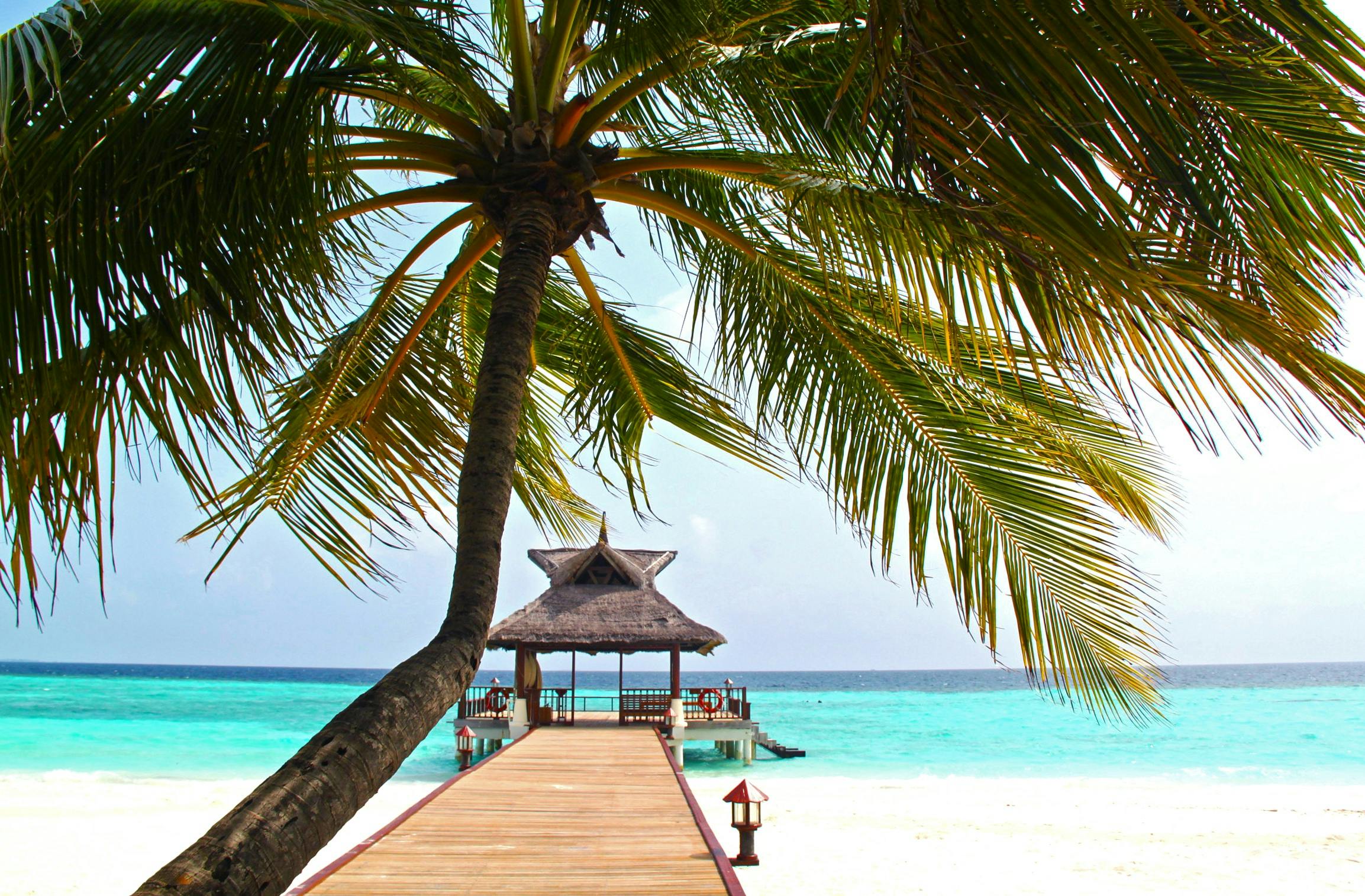Language Schools in Malta
Inhabited since around 5200 BC. C., Malta’s rich and vibrant history and culture have ensured its survival, prosperity and attractiveness throughout Europe’s history. Today, this jewel of the Mediterranean has entered a new chapter, with its acceptance into the EU, and the island’s eagerness for new challenges.
Malta’s past is so richly woven with visitors, invaders, traders and pilgrims that the idea of international communication is one of the fundamental skills on which this island has thrived for many thousands of years. From the great ancient cities, built by the European Knights of the Order of Saint John, to Mdina, ‘the silent city’ with its roots in North African culture, Malta has held on to the best of the many other nationalities that has. put in the way With Neolithic temples dating back to 3600 B.C. C., this is an island that has always served as a very special meeting place for different cultures: the Phoenicians called the island ‘Malat’ which means ‘Safe Haven’ around 1000 BC. c.
The island’s ties to the English began in the late 1700s and were cemented in the 1800s when Malta voluntarily became part of the British Empire. At the time, Italian was the language spoken by Malta’s elite and was the official written language of Malta, although Maltese, a separate language with Semitic roots, was widely spoken. As British rule continued over the years, English became more widespread, until Maltese and English were declared the sole official languages of Malta in 1934, by which time only around 15% of the population could speak. speak Italian. Since gaining its independence from Great Britain in 1964, Malta as a nation has prospered and renewed itself in the same way it always has; its location, climate and national character attract people from all over the world for business and pleasure.
For many years, this small island in the Mediterranean has been attractive to those wishing to learn English, as Malta’s educational system and entrepreneurial nature have made it capable of delivering excellent academic standards, while engaging and entertaining generations of visitors with its wonderful natural resources. As a primarily bilingual, or even trilingual culture, Maltese know communication better than most, and while not all native English speakers, the Maltese have grown up with all the subtleties and nuances of language needed to produce top-notch teachers. class.
As tourism and education have come together, language schools have sprung up across the island, offering courses in globally recognized certificates, as well as specific language courses, such as business or medical English. Many of the schools occupy prime locations in and around the St. Julian’s area, one of Malta’s hubs for restaurants and nightlife, and some schools also organize tours and excursions to the more remote places the island has to offer. Malta’s status as a first-class language holiday destination has meant that some of the most renowned international schools have established themselves, as well as independent schools such as Elanguest Ltd, who have achieved some of the highest Cambridge First Certificate qualifications in the world.
The future of English schools in Malta is tied to the nation’s ability to change and adapt to new challenges, while retaining the best of what makes this island so special; its traditions, culture, hard-working nature and simple beauty, and it is for these reasons that people will travel to Malta to learn English for many years.
